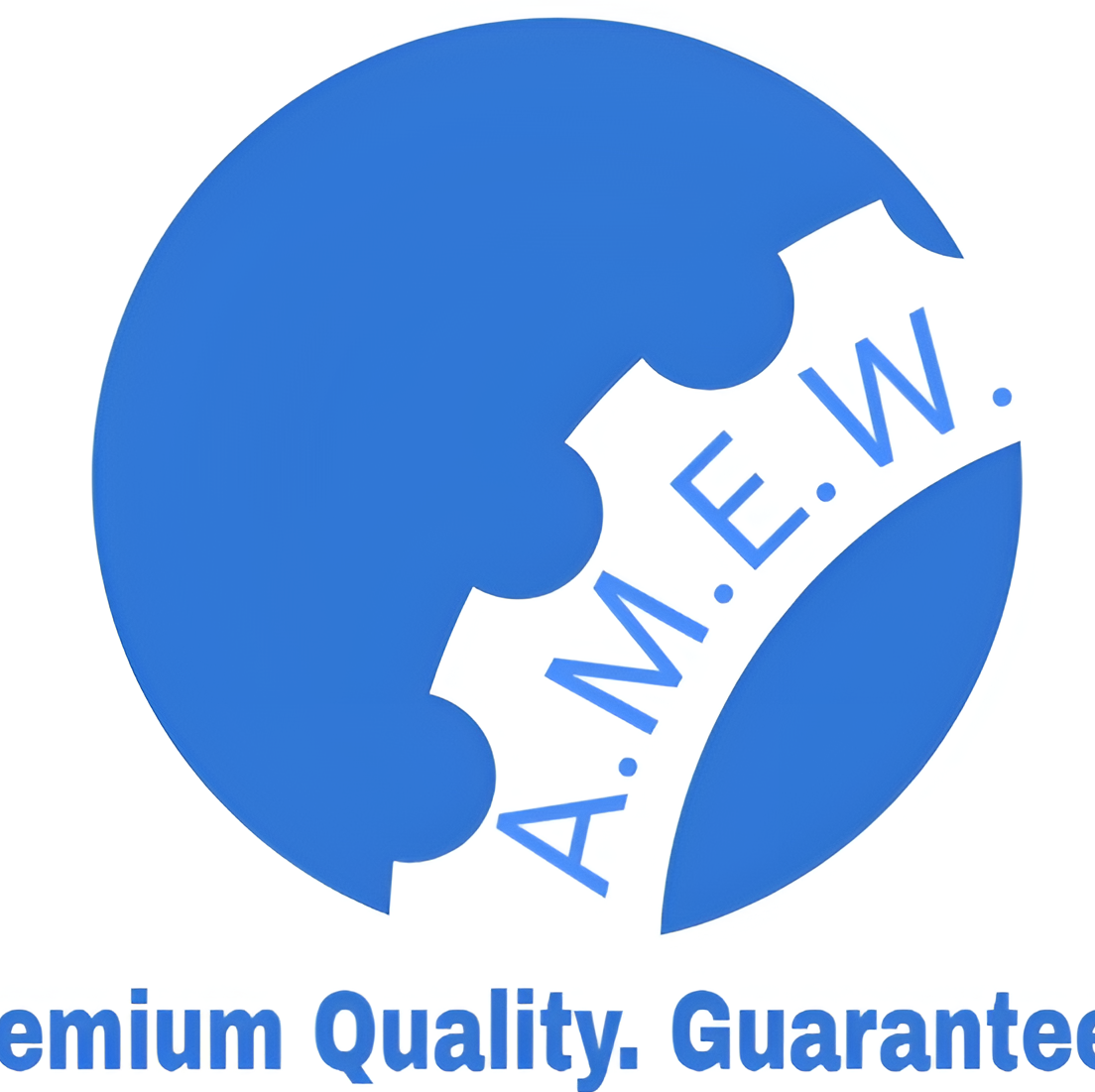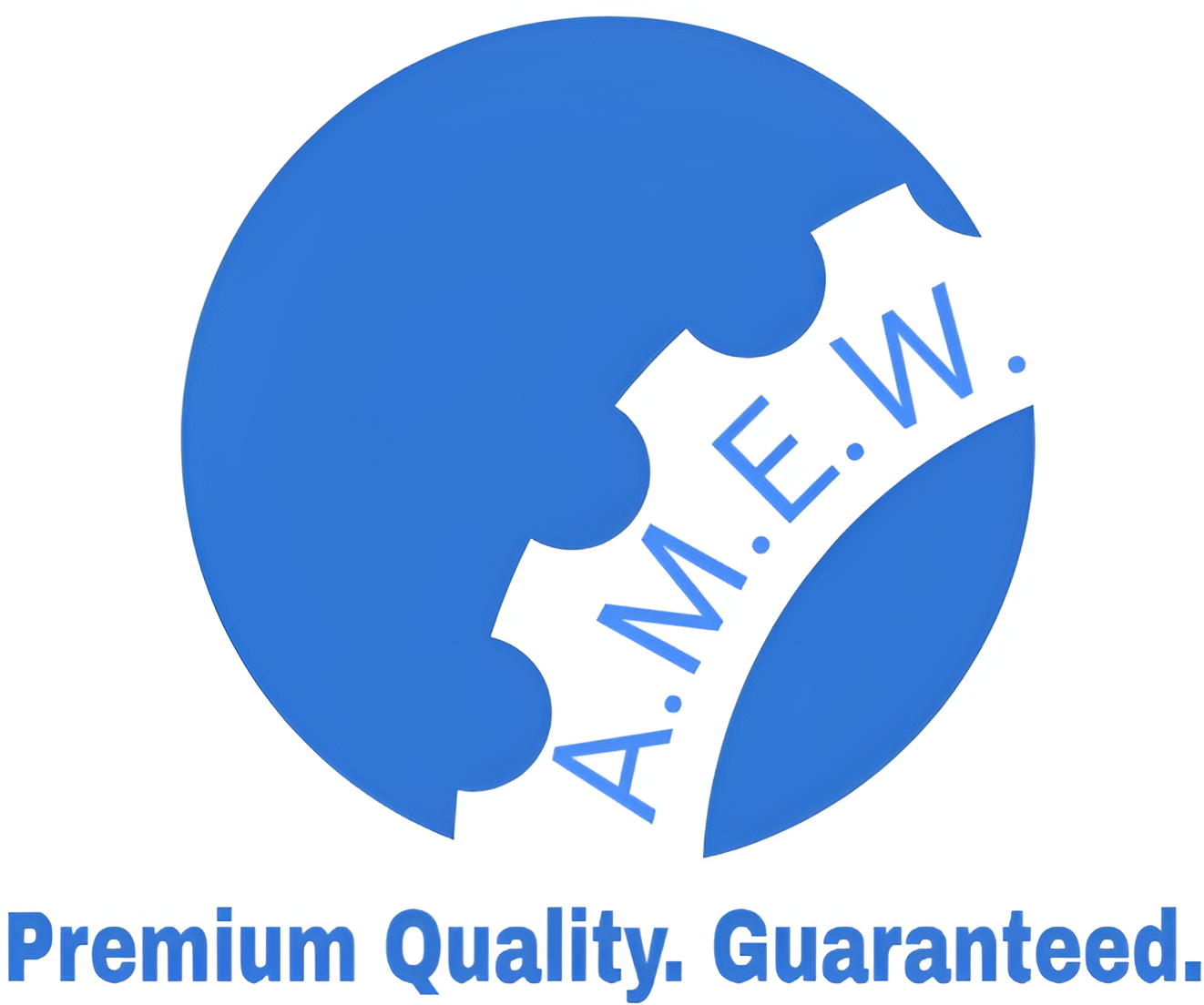Forged Carbon Steel – Strength, Durability, and Applications
Introduction to Forged Carbon Steel
Forged carbon steel is a high-strength material produced by applying compressive forces to carbon steel billets, reshaping them while refining their internal grain structure. Forging enhances the steel’s mechanical properties, making it tougher, stronger, and more resistant to fatigue than cast or machined steel components.
Due to its versatility and affordability, forged carbon steel is widely used across industries such as oil and gas, construction, power generation, automotive, and heavy machinery. From flanges and fittings to crankshafts and pressure vessel components, carbon steel forgings remain a top choice for engineers and manufacturers.
What is Forged Carbon Steel?
Carbon steel is a metal alloy composed primarily of iron and carbon, with carbon content typically ranging from 0.05% to 2%. When forged, this steel undergoes deformation under heat and pressure, resulting in a refined grain structure, improved strength, and increased toughness.
Forged carbon steel is categorized based on carbon content:
-
Low Carbon Steel (Mild Steel): 0.05% – 0.25% carbon. Known for good ductility and weldability.
-
Medium Carbon Steel: 0.25% – 0.60% carbon. Balances strength and toughness.
-
High Carbon Steel: 0.60% – 2.0% carbon. Offers high hardness and wear resistance.
Manufacturing Process of Forged Carbon Steel
1. Material Selection
The process begins with selecting a carbon steel grade suitable for the intended application.
2. Heating the Billet
The steel billet is heated in a furnace to approximately 1,100°C – 1,250°C to make it malleable.
3. Forging
The heated billet is shaped under compressive forces using forging hammers, presses, or dies. Common forging techniques include open-die forging, closed-die forging, and rolled ring forging.
4. Heat Treatment
The forged component undergoes heat treatment processes such as quenching, annealing, or tempering to achieve the desired mechanical properties.
5. Machining and Finishing
The forged carbon steel part is machined to precise dimensions and surface finishes using CNC equipment.
6. Quality Testing
Non-destructive testing (NDT), tensile tests, and hardness checks are conducted to ensure the component meets required standards.
Types of Carbon Steel Forgings
1. Open-Die Forgings
Used for large parts like blocks, shafts, and discs. Open-die forging offers flexibility in size but requires machining for final shaping.
2. Closed-Die Forgings
Also known as impression-die forging, it is used for complex shapes with tighter tolerances and high production volumes.
3. Rolled Ring Forgings
Ideal for producing seamless rings used in bearings, flanges, and pressure vessels.
4. Upset Forgings
Used for creating bolt heads, shafts, and valves by increasing the cross-section of specific parts of a billet.
Advantages of Forged Carbon Steel
-
Superior Strength: Forging aligns the grain structure, improving tensile strength and impact resistance.
-
Cost-Effective: Carbon steel is more affordable compared to alloy or stainless steel while offering excellent performance.
-
Durability: Forged carbon steel components can handle heavy loads, pressure, and wear.
-
Versatility: Suitable for a wide range of industrial and mechanical applications.
-
Better Fatigue Resistance: Withstands cyclic loading and harsh working environments.
-
Reduced Defects: Forging eliminates internal voids and porosity found in cast components.
Common Grades of Forged Carbon Steel
| Grade | Carbon Content | Properties | Applications |
|---|---|---|---|
| C20/C22 | Low carbon | Good ductility, easy to weld | Automotive and general fittings |
| C45 (EN8) | Medium carbon | High tensile strength, wear-resistant | Shafts, gears, and axles |
| 1040/1045 | Medium carbon | Tough, good machinability | Crankshafts, connecting rods |
| C60/C70 | High carbon | Very hard, excellent wear resistance | Cutting tools, springs |
Applications of Forged Carbon Steel
Forged carbon steel is used across multiple sectors:
-
Oil & Gas: Flanges, valves, and fittings for pipelines.
-
Power Generation: Turbine shafts, rotors, and couplings.
-
Automotive: Crankshafts, gear blanks, and suspension parts.
-
Construction: Anchor bolts, connecting rods, and heavy-duty fasteners.
-
Aerospace: Landing gear components and high-stress connectors.
-
Industrial Machinery: Shafts, rollers, and gear components.
-
Marine Industry: Propeller shafts and marine-grade flanges.
Forged Carbon Steel vs. Cast Carbon Steel
| Feature | Forged Carbon Steel | Cast Carbon Steel |
|---|---|---|
| Strength | Higher due to grain alignment | Lower, prone to porosity |
| Durability | Excellent under high loads | Moderate |
| Cost | Slightly higher upfront cost | Lower but less reliable |
| Applications | Critical load-bearing parts | Decorative or low-stress parts |
Quality Control in Forged Carbon Steel
To ensure reliability, forged carbon steel components undergo:
-
Ultrasonic Testing (UT) to detect internal defects.
-
Magnetic Particle Inspection (MPI) for surface crack detection.
-
Hardness and Impact Testing for strength verification.
-
Dimensional Checks to ensure accurate tolerances.
Why Choose Titan Steel for Forged Carbon Steel?
At Titan Steel, we specialize in high-quality forged carbon steel components that meet international standards.
Our Key Advantages:
-
Expertise in open-die, closed-die, and ring rolling techniques.
-
High-grade materials like C45, 1045, and EN8.
-
Advanced CNC machining for precision parts.
-
Competitive pricing and fast delivery.
-
Compliance with ASTM and EN forging standards.
Contact Us
Looking for forged carbon steel components?
👉 Get a Quote or call +91 7385863226.
Email: sales@titansteel.in
Address: Plot No. 15, Khan Compound, Taloja M.I.D.C., Navi-Mumbai 410208, Maharashtra, INDIA.
Final Thoughts
Forged carbon steel is an ideal choice for industries that demand durability, strength, and cost-effectiveness. From automotive shafts to heavy-duty flanges, carbon steel forgings are built to perform under extreme conditions. Choosing an experienced manufacturer like Titan Steel ensures you receive premium quality products with reliable performance.

